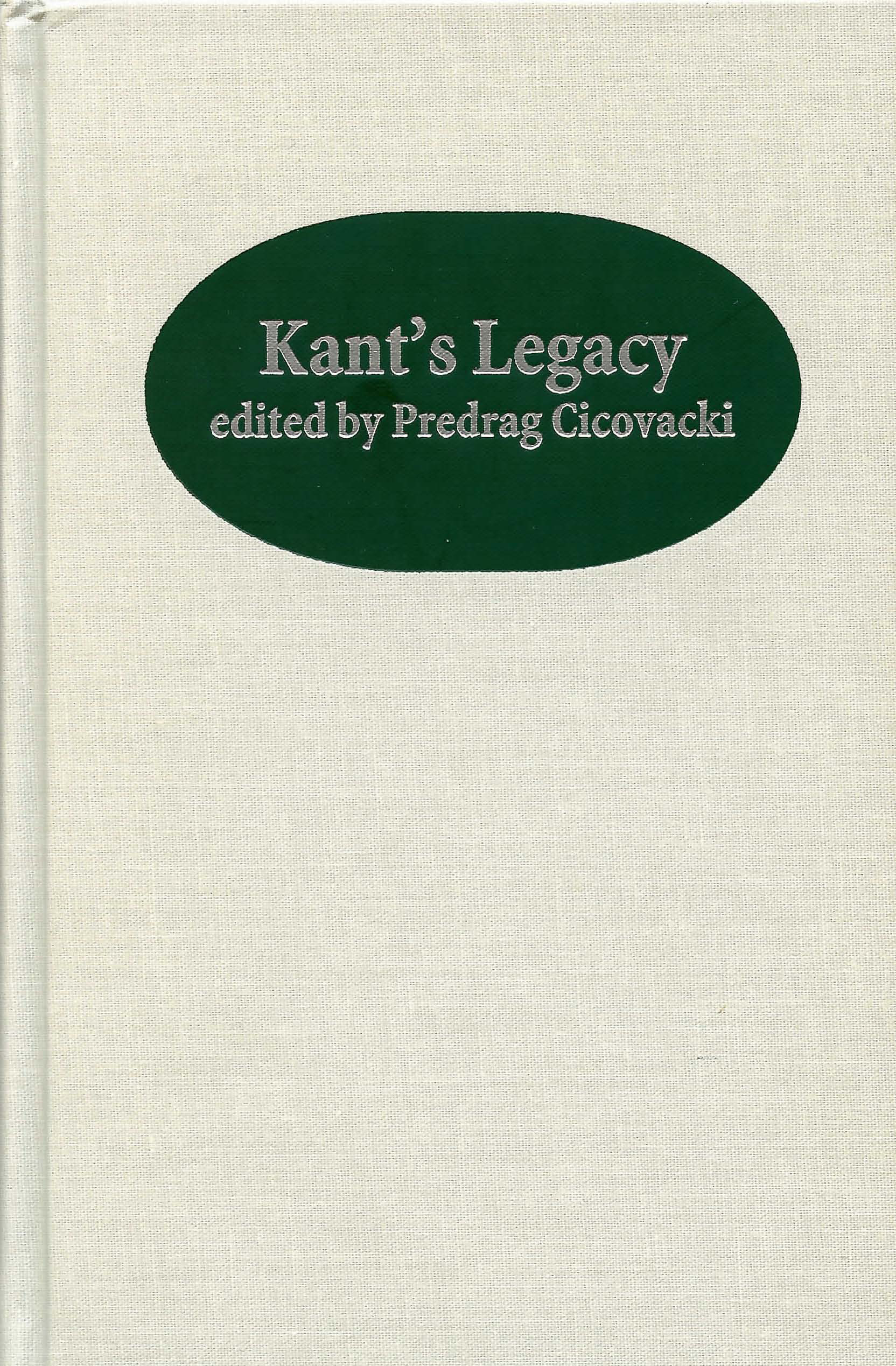Another Look at Maxims
Published online by Cambridge University Press: 22 March 2023
Summary
In discussions concerning Kant’s moral philosophy, the concept of law usually overshadows the concept of maxim. This is not at all surprising. For systematic reasons, Kant himself wanted to establish within moral philosophy an understanding of law that, in terms of its rigor, would not be inferior to the laws of nature (see Groundwork, 4:52). Thanks to the transcendental revolution, practical philosophy was once again to be raised to the level of theoretical knowledge. The strategy informing the entire undertaking is closely connected to Kant’s departure from the traditional doctrine of eudaimonia and the attending notion that practical reason is a form of practical knowledge or prudence. For the sake of reason’s unity, Kant wanted to bridge the ancient gulf separating theory from practice that opened up during the transition from Plato to Aristotle.
It is obvious, however, without recourse to maxims considered as subjective rules for guiding human action, the constructive step to objectively valid laws cannot succeed and, consequently, laws will be unable to influence how the agent is to determine his or her will. A sphere of application must be first secured so that the formal and explicitly moral law can be at all articulated at the level of the will. The act of willing is always directed toward something. Even in the case where I include pure reason itself in the grounds for determining my will, any individual act of willing must nevertheless have a basis in something concrete. This is precisely what maxims have to offer, while the categorical imperative will insure their universality.
Conversely, to avoid reducing our understanding of action to isolated individual acts, the sphere of application must be structured in advance so that it will lend itself to laws. Of course, this cannot first take place on the level of objectively valid norms. For it is just the initial anchoring of maxims in the subject that paves the way for the will to be determined by laws in the first place. Faced with such complex conditions for proof, Kant simply presupposed maxims as given. In all of this, we can detect a legacy handed down from the European prudentia tradition, a last trace of Aristotelianism that critical philosophy never developed or made the subject of further reflection.
- Type
- Chapter
- Information
- Kant's LegacyEssays in Honor of Lewis White Beck, pp. 245 - 260Publisher: Boydell & BrewerPrint publication year: 2001
- 4
- Cited by



